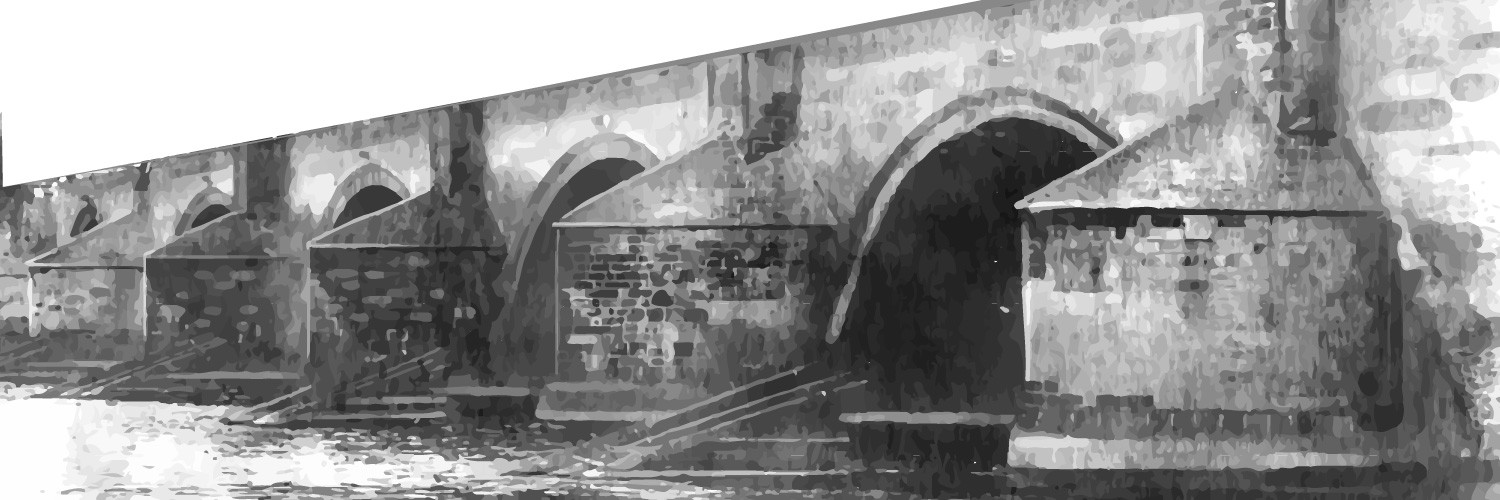Clausewitz’s concepts of grammar and logic have stood the test of time. His dictum that war is indeed “the continuation of policy by other means” holds true today, and while the character of war has evolved, the higher logic and the influence of policy has remained a constant. This article will first address some key definitions, before exploring the concept of logic and grammar as introduced in On War and as they relate to his own experiences. These concepts will then be explored through the prisms of two contrasting case studies: industrialised warfare on the Western Front during the First World War, and the new logic of war in the face of the unprecedented existential threat of the Nuclear Age.
Who was Sun Tzu’s Napoleon?
We know that Thucydides was not only the chronicler, but a general in the Peloponnesian War, Julius Caesar the architect of the Gallic War, and Machiavelli an active participant in Florentine diplomatic and martial affairs. Maurice de Saxe waded through the bloody fields of Malplaquet and Fontenoy, while both Jomini and Clausewitz kept their own formative experiences fighting in the Napoleonic Wars firmly in mind as they composed their respective theoretical works. But what motivated Sun Tzu (or its anonymous authors) to compose The Art of War? What were its historical precedents?
#Reviewing War As Paradox
We must rethink our reading of Clausewitz's work as a search for and a description of eternal principles for an objective understanding of war. The nature of war is one thing, but war as instantiated in actual conflict and combat is another thing altogether; yet, both must somehow be held together in order to understand war. It is in this paradox that Cormier thinks we must locate, evaluate, and apply Clausewitz's ideas.
Carthage vs. Mosul: The Utility of Tactical Theory
No tactical situation is entirely new, but none are ever entirely the same either. Applying theory to an original situation in an original way is the art, in both tactics and strategy. It’s also why tactical principles can never be immutable and are always subject to the play of probability. By understanding tactical theory, tacticians can train their minds to recognize the ways they can weigh the dice of probability in their favor.
The Threatening Space Between Napoleon and Nukes: Clausewitz vs. Schelling
Great theories stand the test of time—shedding light on their subject’s essence despite varying contexts, technological upheavals or mutable human relations. One such work is Carl von Clausewitz’s On War. That said, with the detonation of the atomic bomb and the proliferation of nuclear weapons, many find Clausewitz wanting. How can there be a decisive battle without nuclear annihilation? Nuclear weapons seem to breach our understanding of force, suggesting the need for radically different conceptions of war. Enter Thomas C. Schelling and his work on The Strategy of Conflict
#Monday Musings: Vanya Eftimova Bellinger
#Monday Musings: Harold R. Winton
#Monday Musings: B.A. Friedman
Down the Rabbit Hole: Alice and the Experience of Clausewitzian Genius
Alice’s Adventures in Wonderland can help us better understand the experience of Clausewitzian genius. Now, this sounds about as illogical as Lewis Carroll’s famous riddle, uttered by the Mad Hatter: “Why is a raven like a writing desk?” But unlike the riddle, which was initially constructed without an answer, the concept of genius links Clausewitz and Alice without artifice. While Clausewitz’s “field of genius...raises itself above rules,” Wonderland is a fantastical space that enables Alice to raise herself not only above rules, but also sense. To see how this is so, we can appeal to Alice and her encounters in Wonderland to highlight the complexity found within military genius. But first we must locate genius in the space where theory fails to map onto reality.
Madam General: #Reviewing Marie von Clausewitz: The Woman Behind the Making of On War
What Would Clausewitz Do?
Several years ago, during a visit to the U.S. Army War College, I was invited to have lunch with some of its instructors. The school teaches Army officers about strategy and its course offerings (“Civil-Military Relations,” “Peace and Stability Operations,” “Irregular Warfare”) reflect that mandate. So, naturally, the lunch discussion focused on strategy, and how to teach it. While I don’t now recall the exact details of that conversation, a statement by one of the war college’s professors has stayed with me. It brought immediate laughter — and unanimous assent. “Just remember,” he said, “that no matter what the question, the answer is always Clausewitz.”
#Monday Musings: H.R. McMaster
Clausewitz’s Military Genius and the #Human Dimension
If war is an inherently human phenomenon, then discussion of the human aspects of war is as timeless as the discussion of war itself. One prudent start point for any discussion on military matters is the philosophy of war described by the 19th century theorist Carl Von Clausewitz. In one of the lesser read sections of On War, he described what comprised the penultimate military genius. This article explores Clausewitz’s description of military genius as a point of discussion in the ongoing human dimension dialogue. In Clausewitz, we have a life-long soldier describing what it takes to reach the highest strata of the profession of arms; we would be wise to listen to what he has to say.














